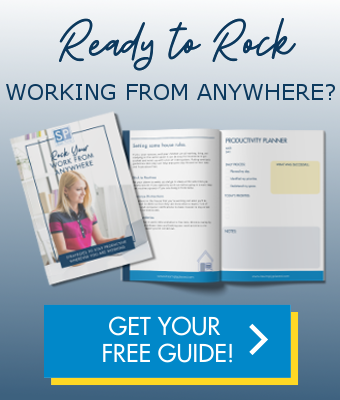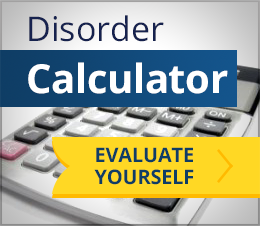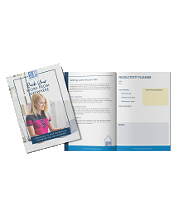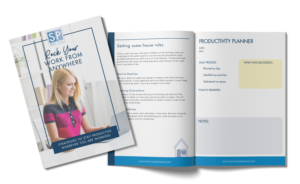
A Power Hour is a phrase coined by Gretchen Rubin, author of The Happiness Project. In her on-going work to find ways to be happier in life, she realized she needed a reliable way to attend to those tasks that don’t rank high on the priority list and yet cause problems and stress when left undone. Rubin observes that tasks that can’t be done at anytime are often done at no time and these tasks, left undone, drain your energy and create stress. She came up with the idea of a Power Hour: an hour scheduled each week on her calendar for focusing on these lower-priority, yet still important tasks.
Tasks best suited for focusing on during a Power Hour include:
- Chores in your home or office that bug or nag at you.
- Tasks on your to-do list that carry-over day to day and are still worth doing.
- Tasks that aren’t time sensitive or are typically recurring (like bill paying). These types of to-dos should be scheduled and done using your primary task list.
Here’s how you can use the Power Hour concept to get more things done at home or at work.
- Keep a Power Hour task list. If you capture tasks in a notebook, consider dedicating a page to Power Hour-type tasks. If you use an electronic task manager, create a Power Hour tag or project heading to capture these tasks.
- Plan your Power Hour. First, schedule the time on your calendar. Then, spend 2 minutes choosing about an hour’s worth of tasks from your Power Hour Task List. Set yourself up for some success by initially under-estimating what you can accomplish in an hour. You’ll get better selecting the right amount of tasks with practice.
- Respect your scheduled Power Hour and get to work. During this hour stay focused. It helps to shut off email and social networking notifications. Turn on some music and get up and moving if this helps you focus.
- Celebrate your accomplishments! Vigorously cross things off your list as you’re done. Congratulate yourself for staying on task for an hour. Bask in happiness of having a nagging chore done.
- Repeat. The Power Hour works best when it is a regular, recurring event. This may mean an hour a week at home and the office. Or maybe alternate weeks; an hour at home one week and an hour at the office the next. Don’t let more than a month go by.
Schedule a Power Hour for yourself this week and give it a try! The Power Hour works because it is an organized strategy for planning and executing work. There are a variety of these types of organized strategies Simply Placed helps clients use to improve their productivity and reduce stress. Contact us to learn more about how you can benefit from improved task management.






